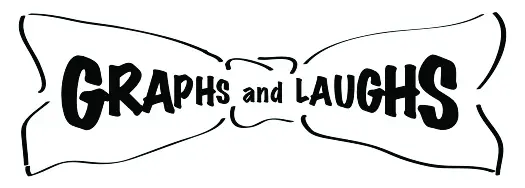Econ70
Every penny at the pumps drains $1.5 billion out of household cash flow. Gas prices at the pumps are $3.15/gallon, but back in September it was closer to $2.70/gallon. This is nothing more than a $60 billion annualized drag on…
Read MoreThe biggest myth being promulgated today is that the economy must be doing better because state & local government revenues are on the rise. Dude! That’s not the economy! It’s called tax increases. In fact, 23 states have boosted taxes…
Read MoreI want to take the opportunity and wish you all the best for 2011. To health, happiness and prosperity — especially in risk adjusted terms.
Read More10 From a historical standpoint, the yield on the S&P 500 (2%) is very low. This smacks of a market top and underscores the point that the market is too optimistic; investors are willing to forgo yield because they assume…
Read MoreOur annual deficit is 10% of GDP. A deficit of 3% is sustainable (trust me) and 2% of the deficit will melt away as the economy revives; leaving a deficit of 5%. Had the Bush tax cuts been repealed that…
Read MoreThere will probably a nasty spending fight in ’11 complicated by the need to raise the federal debt limit to avoid a default; a vote many new Republican have indicated they would not make. Republicans say the debt limit vote…
Read MoreIf there is a positive theme that transcends the weak U.S. economy it’s ag! Farm incomes are way up & indications suggest more increases in ’11. This is due to increasing demand for food, especially proteins, from rising living standards…
Read MoreYields on Greek & Spanish bonds (credit downgrade looms) are up; Irish bond yields are also up to 8.4%, which, in real terms is over 10%. Something is going to give because that is unsustainable when real GDP is CONTRACTING…
Read More2010 NOV U.S. retail sales up 0.8% but Autos down 0.8%, Furniture/appliances down 0.5%, Electronics down 0.6% & Building materials down 0.1%. What was up? Groceries 0.8% Gas 4.0% Drug stores 0.9% & Clothing 2.7% What we had was a…
Read MoreThere is tremendous econometric evidence strongly suggesting that only tax cuts that are perceived to be permanent contribute to spending — people do not alter their behavior based on temporary changes to their income, wealth or job. Temporary tax cuts,…
Read More